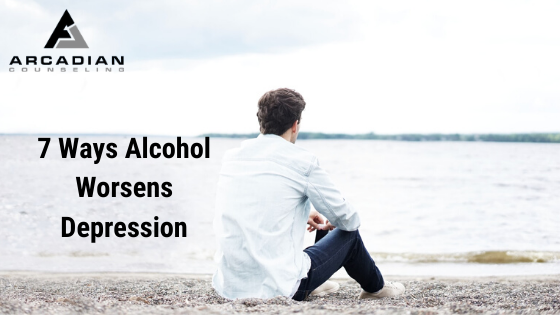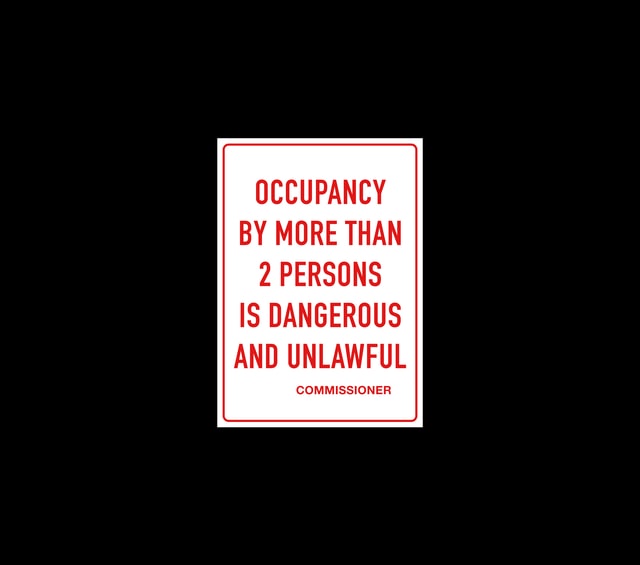Did you know the majority of people who abuse alcohol or are addicted to alcohol also suffer from depression?
Because alcohol can feed the brain’s serotonin receptors, it can make us feel good for a short amount of time. This the main reason why people turn to alcohol as an escape or a vehicle for self-medicating. But the problem is eventually we crash and feel even worse than we did before we started drinking. And I’m not just talking about a hangover. I’m talking about emotionally.
Many people who self-medicate with alcohol often report and increase in anxiety and depressive symptoms after the sober up.
Correlation
People who abuse alcohol have higher incidences of depression. Studies have shown that, among people abusing alcohol, somewhere between 30 and 50% suffer depressive symptoms at any given time!
But it also works the other way too. According to WebMD, nearly one-third of people with severe depression abuse alcohol. Research has also shown that children who are depressed are more likely to develop problems with alcohol abuse once they reach adolescence and adulthood.
The chicken or the egg
Both alcoholism and depression are considered psychiatric illnesses that cause emotional and physical distress and impair a person’s ability to function in multiple ways. So, it’s not surprising at all that these two diseases are often linked.
But which comes first?
Researchers have found that alcoholism doubles the risk of developing depression. In fact, the analysis indicated that alcoholism is more likely to cause or worsen depression than depression is to cause or worsen alcohol abuse.
7 ways alcohol worsens depression
-
Alcohol abuse can eventually lead to isolation, which exacerbates depression. By nature, we are social creatures and we can become very depressed when we were left alone for too long.
-
Alcohol abuse also leads to poor economic outcomes, as it is common with the loss of a job, savings, etc. Chronic financial stress can worse than or cause depression symptoms.
-
Alcohol abuse can trigger health crises that can lead to or worsen depression. Fatty liver disease, heart disease and diabetes are just a few of the chronic illnesses often linked with alcohol abuse.
-
Alcohol disrupts sleep and alters the thought process, which can increase depression symptoms.
-
Alcohol can cause brain or metabolic changes that can lead to depression. For example, alcohol can mess with a person’s endocrine system and the resulting hormonal imbalance can worsen their depression symptoms.
-
Alcohol is a depressant and has a sedative effect on your brain. While a few beers or glasses of wine can seem to relieve stress and help you feel more relaxed and calmer, they can actually put you at an increased risk of depression. Alcohol is a depressant that can cause your problems to seem worse than they actually are and can make you feel even more depressed than before you had a drink.
-
Alcohol impairs judgment and increases impulsivity. This leads to poor judgment and behavior and negative consequences that will lead to her worsening feelings of depression.
The bottom line is alcohol abuse and depression are a dangerous combination. And typically, this combination can be self-reinforcing and incredibly hard to break. If you’re feeling depressed and have a tendency to abuse alcohol, considering getting therapy and talking to a therapist. Through counseling and therapy, you can get your symptoms under control by developing coping strategies and skills as well as identifying underlying triggers prompting you to self-medicate with alcohol or other addictive mind-altering substances.
James Killian, LPC is the Principal Therapist & Owner of Arcadian Counseling in New Haven, CT where they specialize in helping over-thinkers, high achievers, and perfectionists take control and move From Surviving to Thriving.




